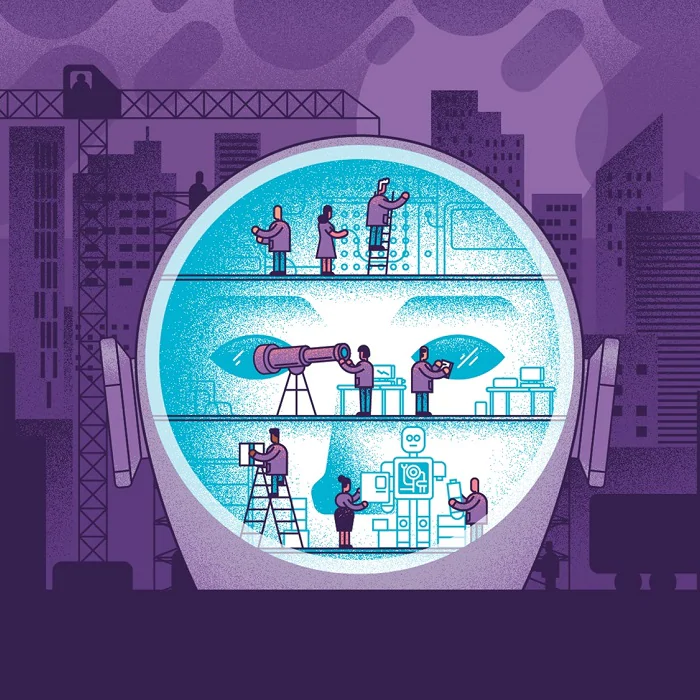Table of contents
Recommended for you

A Smarter Approach to Digital Transformation in Councils
The Deloitte 2019 Global Human Capital Trends report identifies the major trends in business and employment over the last year. The key findings from this report are that it’s now more important than ever for companies to have a clear vision of where they want to be in 10 years.
The ongoing development of technology is causing the world of business to change at a rapid rate. Leaders and managers need to support their organisations in having a robust and flexible approach when it comes to change. This means having a clear vision of where the business should be in the future. Three areas highlighted as most important are; the future of the workforce, the future of organisations and the future of HR.
Future of the workforce
The once ‘alternative’ workforce made up of contractors, remote workers and ‘gig’ style employee has now become mainstream. As the digital nature of the workforce increases and companies grow from local to global, the competition for talent has escalated. This means holding on to great talent where you can find it - whether it be in your office, or on the other side of the world.
In the coming years, companies will have to embrace the digital realities that have already come to fruition. That is; more workers will be remote and choosing contracting over full-time employment. For companies wanting to ensure their ongoing success and retention of great talent - this means learning how to harness the power of these ‘alternative’ workers, because seeing them as a temporary relationship isn’t going to cut it anymore. Managers need to plan for how these workers can fit into their long term business strategy.
Future of organisations
One of the biggest challenges highlighted in 2019 was the need for employees to feel connected to their work on an emotional level. It is an increasing trend that employees are looking for inspiration and meaning in their everyday jobs. This doesn’t just include connection to the organisation - it’s a broader sense of purpose and sense of and connection to society as a whole. There is a great opportunity now for managers to embrace this - and create a culture where their employees have a “human” experience rather than just an “employee” experience.
Overall business performance has been linked to increased teamwork. There are now many companies shifting towards team-based work and rewards, instead of the traditional organisational hierarchy and command and control mindsets. Not only does working in teams create a robust culture, and drive innovation and idea generation, it also allows for cross-organisational communication. It also highlights a need for current and upcoming leaders to be educated on how best to manage an organisation which has a heavy ‘team work’ culture.
The future of HR
The ways in we search for talent have changed. This means using technologies like AI to support the recruiting process. But instead of relying on technology as the hero of HR, companies must utilise technology in a way that supports their systems, rather than seeing it as a stand-alone solution. This includes HR platforms for employee feedback, talent acquisition, and employee productivity.
As the quest for great talent becomes more difficult, organisations must open their minds to how they can mobilise their own talent more effectively. Many employees are already open to the idea of changing their jobs within the same companies, so it’s up to the organisation to support this, if they want to retain their quality talent.
By the numbers
These key findings should be at the forefront of every manager's mind. With technology drastically altering the pace of HR, systems are needed to ensure employees are across every step of their companies future direction. The AskYourTeam system allows for cross-organisational feedback on any chosen area of your business. Company directors and team leaders can create a unique set of questions that uncover even the smallest of issues within the business. This clearly establishes a priority list for areas that have been identified as problematic, or less than desirable. In a dynamic organisation, the ability to gather real-time opinions on company processes or culture, straight from the employees - is invaluable.








